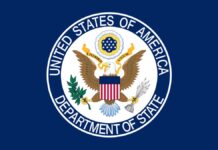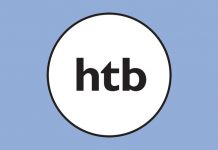The Trudeau government has proposed a new law to regulate the internet, and it has major constitutional problems.
The Online Harms Act would limit constitutionally-protected expression in the following ways:
- The Bill would create a new process for individuals and groups to complain to the Canadian Human Rights Commission that online speech directed at them is discriminatory. The tribunal could order fines of up to $50,000, and awards of up to $20,000 paid to complainants, who in some cases would be anonymous. Findings would be based on a mere “balance of probabilities” standard rather than the criminal standard of proof beyond a reasonable doubt.
- The subjectivity of defining “hate speech” will lead to punishments for protected speech. The mere threat of human rights complaints will chill large amounts of protected speech.
- The Bill would increase the maximum sentence for “advocating genocide” from five years in prison to life in prison. That means words alone could lead to life imprisonment.
- The Bill would allow judges to put prior restraints on people who they believe on reasonable grounds may commit speech crimes in the future. The accused would be forced to choose between imprisonment or a “recognizance to keep the peace” that may be accompanied by severe conditions such as giving a bodily sample, refraining from drugs and alcohol, giving up firearms and wearing an ankle monitor.
- The Bill would require social media companies to “minimize the risk that users of the service will be exposed to harmful content” with the threat of massive fines if they don’t properly mitigate the risk. Social media companies will likely err on the side of caution and block large amounts of speech that is close to the legal line.
- The Bill would require social media companies to provide a mechanism for users to flag content that they believe is “harmful content,” which is defined as including speech that “foments hatred.” This will inevitably lead to censorship of legally-protected speech.
- The Bill would require social media companies to report on how they dealt with perfectly legal but otherwise “harmful content” that “the operator had reasonable grounds to believe posed a risk of significant psychological or physical harm.” This appears aimed at encouraging social media companies to censor speech that the government cannot outlaw.
In this episode I mention a tweet thread by my colleague Josh Dehaas. You can read it below:
People keep asking the @CDNConstFound: "Where's the line between legal speech and hate speech?"
— Josh Dehaas (@JoshDehaas) February 27, 2024
The problem is, we don't exactly know.
If you can't see the line, you stay silent to avoid the fine.
That's why C-63 is such a big threat to free expression.
Allow me to explain👇
I also mention an op-ed by my colleague Joanna Baron. You can read it below:
I also talk about two important Supreme Court cases about hate speech. You can read those cases here:
Saskatchewan (Human Rights Commission) v. Whatcott
R. v. Keegstra
Please write to your member of the Canadian Parliament using this online portal the Canadian Constitution Foundation created.
Please write to your MP to express your concerns about this law!












































